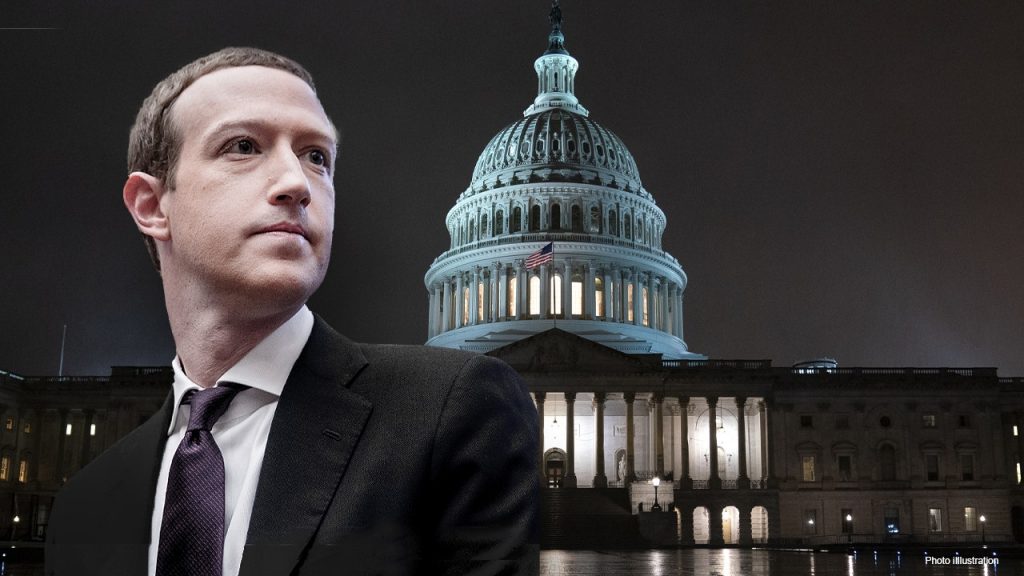
Big Tech is under mounting pressure on Capitol Hill as lawmakers take up a series of sweeping new antitrust bills that could break up some of Silicon Valley’s most powerful companies.
The House Judiciary Committee on Wednesday began to mark up six bills that are designed to rein in the power of Amazon, Apple, Facebook and Google – an effort that’s elicited support from both sides of the political aisle after years of near-constant condemnation from Congress.
The massive legislation package, led by Rep. David Cicilline, D-R.I., would prohibit the tech behemoths from acquiring promising startups that could later become potential rivals and forbid them from using their platforms to discriminate against competitors. It would also prevent the companies from favoring their own products over competitors using their services.
The bills are the result of a 16-month, bipartisan investigation that concluded the tech giants abused their market power by charging exorbitant fees, imposing oppressive contract terms and extracting data from people and businesses that rely on them.
The four companies have repeatedly denied abusing their market power and have argued the legislation could prevent the companies from running popular services and hurt small businesses.
abusing their dominant market position and have asserted that improper intervention in the market through legislation would hurt small businesses and consumers.
“America is in a monopoly moment,” Cicilline tweeted. “Big Tech has gotten a free ride for decades. They pay no taxes. They use their power to crush innovators and entrepreneurs. Republicans and Democrats don’t agree on much these days, but we agree that we need to pass legislation to build #AStrongerOnlineEconomy.”
If lawmakers pass the antitrust bills – a heavy lift, despite the widespread agreement over the need to crack down on tech giants – it would mark one of the biggest industry shake-ups in decades, since the federal government in 2001 accused Microsoft of illegally bundling its web browser, Internet Explorer, with its market-dominating Windows operating system.
Although Democrats control the House, their slimmest-possible majority in the Senate means they would need to secure the support of at least 10 Republicans in order for the legislation to pass.
And while the antitrust package has received a broad swath of bipartisan support, it has also been plagued by party infighting on both sides: Moderate Democrats have raised concerns that the proposals could have a broader impact on the U.S. economy and could weaken privacy protections as well as increase the risk of cybersecurity attacks, according to Bloomberg News.
At the same time, some GOP lawmakers, including Rep. Jim Jordan, the ranking member of the Judiciary Committee, have belittled the antitrust effort as a group of “Democrat bills.” Other Republicans say the bills do little to address their top concern of alleged anti-conservative bias.
“We’ve got a beef with all Big Tech in the sense of the censorship they have of conservatives now,” Jordan, R-Ohio, told FOX Business on Tuesday.
Although the companies – some of the biggest political spenders in Washington – enjoyed a mostly cozy relationship with the Obama administration, President Biden campaigned on revoking Section 230 of the Communications Decency Act, which shields companies from liability for what users post and gives them broad authority to decide how to regulate content on their platforms.
Biden said during the Democratic primary in 2019 that splitting up tech giants is “something we should take a really hard look at” but that it was “premature” to make a final judgment.